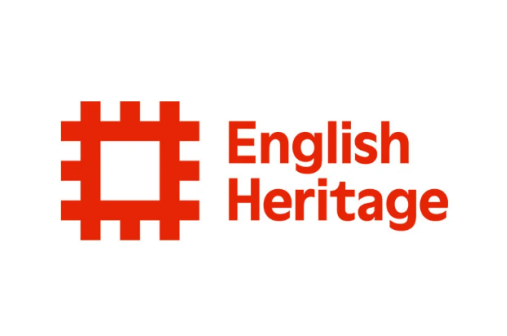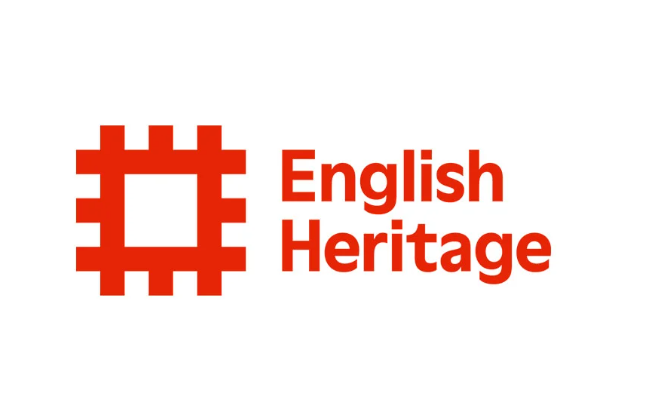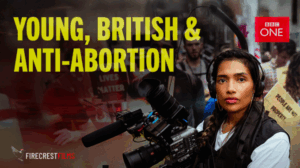Controversy Over English Heritage’s Easter Booklet

In a move that has sparked debate, English Heritage’s children’s booklet on Easter has come under scrutiny for its focus on the festival’s pagan origins, while seemingly omitting its Christian significance.
The booklet outlines Easter’s roots as a spring festival, attributing its name to the pagan goddess Eostre. However, it reportedly fails to acknowledge the transformation of this celebration over a millennium ago into a central Christian holiday, commemorating the crucifixion and resurrection of Jesus Christ, aligned with the Jewish Passover.
Despite the historic shift from paganism to Christianity, the festival’s Christian context appears absent from the booklet. This omission has raised concerns among visitors, including “Phil,” a school governor from Kent, who critiqued the narrative as incomplete.
Phil expressed his dissatisfaction to The Telegraph, emphasizing the lack of Christian context: “There was no mention of Christ or Christianity in the English Heritage Easter children’s trail on any of the notices or the booklet. There was no explanation of the Christian element. It had just been whitewashed out of the story.”
He added, “I appreciate the pagan side of the name’s origins, but it’s not the only part – Christianity is central to what Easter is. I had to explain to my 7-year-old son who Eostre was.”
Historians and critics, including Giles Udy, have voiced concerns, drawing parallels to historical suppression of religious narratives. Udy compared the omission to the atheistic policies of the Soviet Union.
An English Heritage spokesman responded, clarifying the organization’s approach: “We care for over 400 sites and across them all, from our panels on sites to guide books, audio tours and our website, we cover a broad and deep range of themes connected to the stories of our sites – not least at Whitby Abbey in North Yorkshire where in the year 664 an important agreement was reached about how to calculate the date of Easter.”
The spokesman highlighted that their Easter Adventure Quest for children includes diverse cultural and religious facts, including those related to Christianity.
This controversy follows a similar situation with the National Trust, which faced criticism in November 2023 for an “inclusion” calendar that noted Ramadan, Eid, and Diwali, but omitted Easter and Christmas.
This article was originally written by www.christiantoday.com






